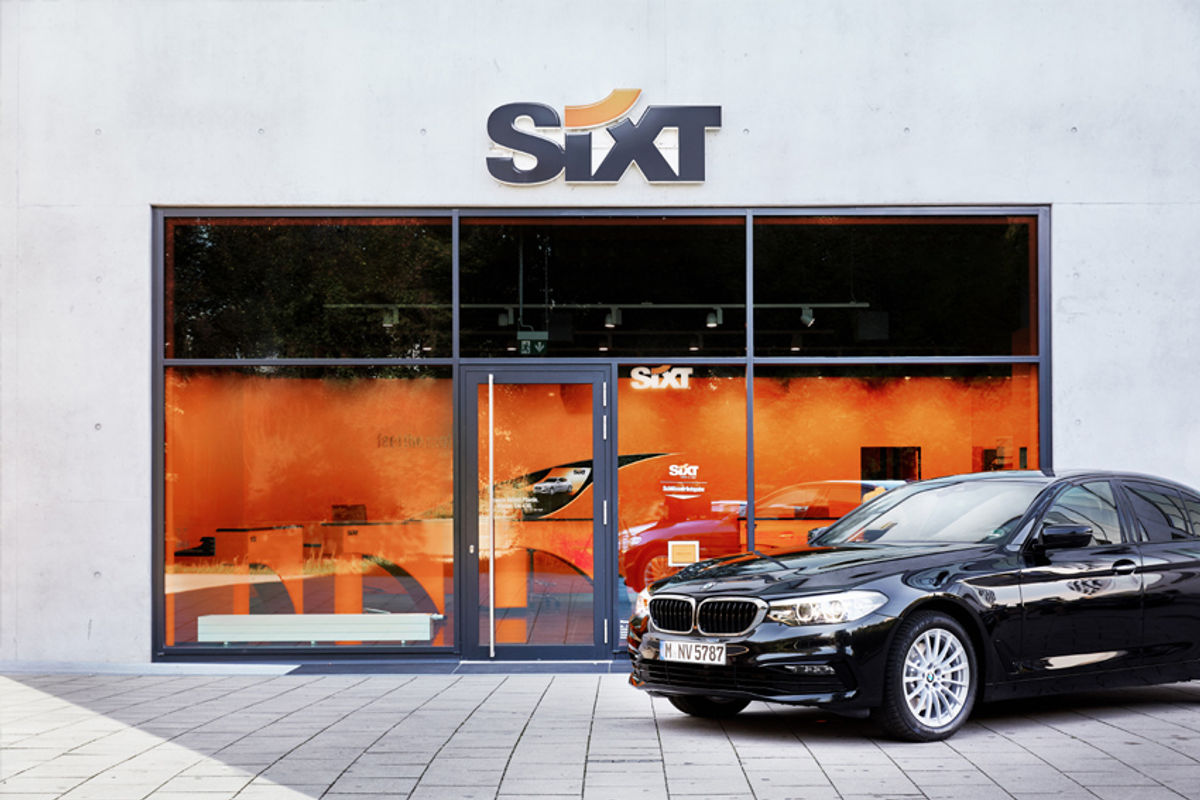Travel
Sixt returns to profit with ‘record’ Q2 revenues

Car rental company Sixt has returned to profit after reaching ‘record’ revenues of €1.01 billion in Q2, marking a turnaround from its €27.5 million loss in the previous quarter.
The Germany-based company in an earnings report on Wednesday (7 August) said “high demand and further investments in a premium customer experience” contributed to ‘significant’ revenue growth in the second quarter, where revenues rose 8.9 per cent compared to the same period last year.
Sixt posted earnings before taxes (EBT) of €62.9 million, marking a return to profit, while earnings before interest, taxes, depreciation and amortisation (EBITDA) reached ‘record’ levels for Q2, increasing 13 per cent year on year to €384.2 million.
The company said it was able to “significantly improve the utilisation of its fleet” in Q2 and that rental price levels, which had come under pressure in some regions at the beginning of the year, were “more and more brought back to last year’s levels by the end of the second quarter”.
Sixt CFO Franz Weinberger said: “In terms of earnings before taxes, we managed to reverse the trend in just a few months in a continuously challenging market environment with vehicle residual values continuing to fall. This demonstrates our operational strength, the resilience of our business model and the effectiveness of the measures we have taken.”
As in the previous quarter, North America was the company’s strongest performing market in Q2, with a 26.8 per cent increase in revenue to €319 million. Sixt has opened 15 new branches in the US since January and has expanded its presence to 49 US airports. In Germany, the company’s revenues increased 4.3 per cent year on year to €285.8million and in the rest of Europe revenues rose 1 per cent to €400 million.
The company, which reported an average fleet size of 187,200 rental vehicles for the quarter, said it has continued the reduction of its ‘risk fleet’ (vehicles for which Sixt bears the remarketing risk) in Europe. Meanwhile, ongoing fleet cycling will set the stage “for gradual optimisation of vehicle costs in the second half of the year and especially in 2025, both in Europe and the US”.
Following its Q2 result, Sixt has lowered its full-year EBT forecast to between €340 and €390 million (previously between €350 to €450 million), stating the outlook remains “subject to a high degree of uncertainty… given the recent increase in geopolitical and macroeconomic risks, the continued uncertainty around residual values and short-term bookings for the important summer season”.










